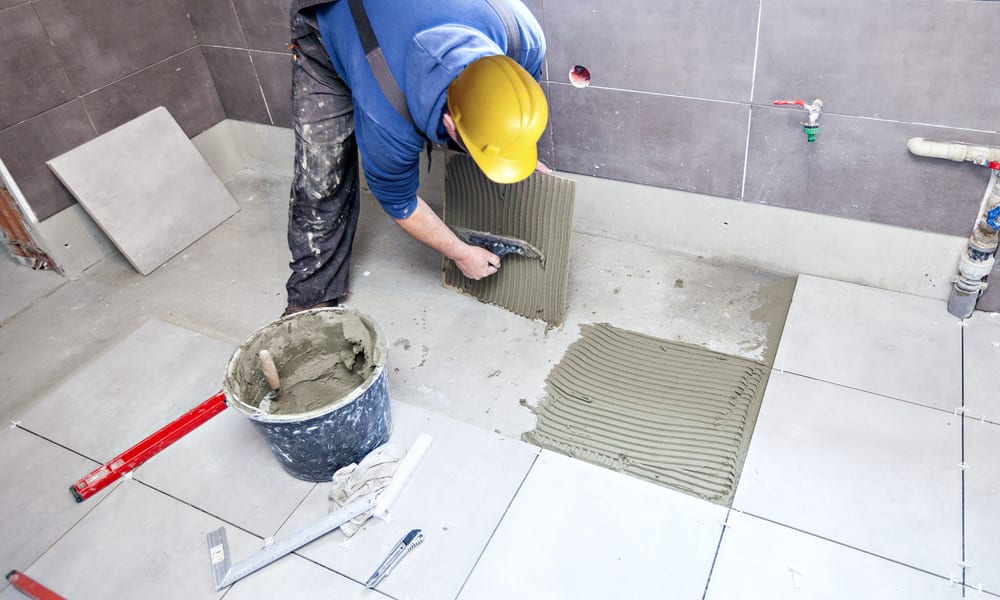Window Replacement Jobs in Construction and Installation
Window replacement work involves hands-on tasks, technical knowledge, and interaction with clients and contractors. This article outlines the typical duties, skills, and pathways connected to window replacement jobs and clarifies that it provides general career information rather than active job listings or guaranteed openings. Whether you are exploring a career change, looking for installation roles in construction, or considering work opportunities in France or elsewhere, the following sections explain what to expect and how to prepare.

What does a window replacement job involve?
A window replacement position typically covers assessing existing frames and glazing, removing old windows, preparing openings, fitting new units, sealing, finishing, and quality checks. Technicians must balance precision with efficiency, because correct measurements and proper sealing affect thermal performance and weather resistance. Many roles also include customer communication, basic carpentry, and coordination with other trades on a construction site. Safety practices — handling glass, using ladders or lifts, and following building codes — are central to daily work in this field.
How can you build a career in window replacement?
Building a career in this area often begins with entry-level installation or glazing assistant roles, then moves into skilled installer, estimator, or site supervisor positions. Formal vocational training, apprenticeships, or trade school certificates in carpentry, glazing, or construction trades can help. Employers value hands-on experience, reliability, and the ability to read plans and specifications. Additional skills such as inventory management, sales support, or knowledge of energy-efficiency ratings may open pathways to roles in project management or contracting within the broader construction sector.
What installation skills are commonly required?
Key installation competencies include accurate measuring, cutting and fitting frames, applying sealants and flashing correctly, making precise adjustments for operation, and understanding different window systems (e.g., casement, sliding, fixed). Competence with hand and power tools, reading technical drawings, and testing for airtightness and water resistance are important. Soft skills such as clear communication, time management, and customer-facing professionalism are frequently expected. Workers often coordinate with local services (electricians, plasterers, and roofers) to ensure finished installations integrate with surrounding work.
How does construction site work affect these jobs?
Window replacement is often part of larger construction or renovation projects, requiring installers to follow site schedules, safety protocols, and quality standards. On active construction sites, installers must coordinate with site managers, adapt to changing conditions, and maintain documentation like installation records or compliance certificates. Weather and site access can affect timelines and methods; for example, staged installation may be used to protect interior finishes. Familiarity with construction site rules and experience working under supervision or as a contractor are useful for predictable project delivery.
What is the landscape for window replacement work in France?
In France, as in many countries, opportunities exist in residential renovation, new-build projects, and energy-efficiency upgrades. Installers may work for local trades firms, national glazing companies, or construction contractors focused on building renovation and thermal retrofits. Knowledge of local building codes, language skills, and any necessary trade certifications or declarations (for self-employed work) can influence employability. Prospective workers should research local services, industry associations, and vocational programs in the specific French region of interest to understand regional demand and standards.
This article provides general career information and does not indicate the presence of active job openings or specific hiring opportunities. It is intended to help readers understand the nature of window replacement work rather than to guarantee employment.
Conclusion
Window replacement jobs sit at the intersection of installation craftsmanship and construction project delivery. They demand measurable technical skills, attention to safety, and the ability to work alongside other trades and local services. Whether considering positions in France or elsewhere, prospective workers benefit from targeted training, practical experience, and familiarity with construction processes. This overview is meant to inform career planning and preparation, not to represent or advertise current vacancies.




